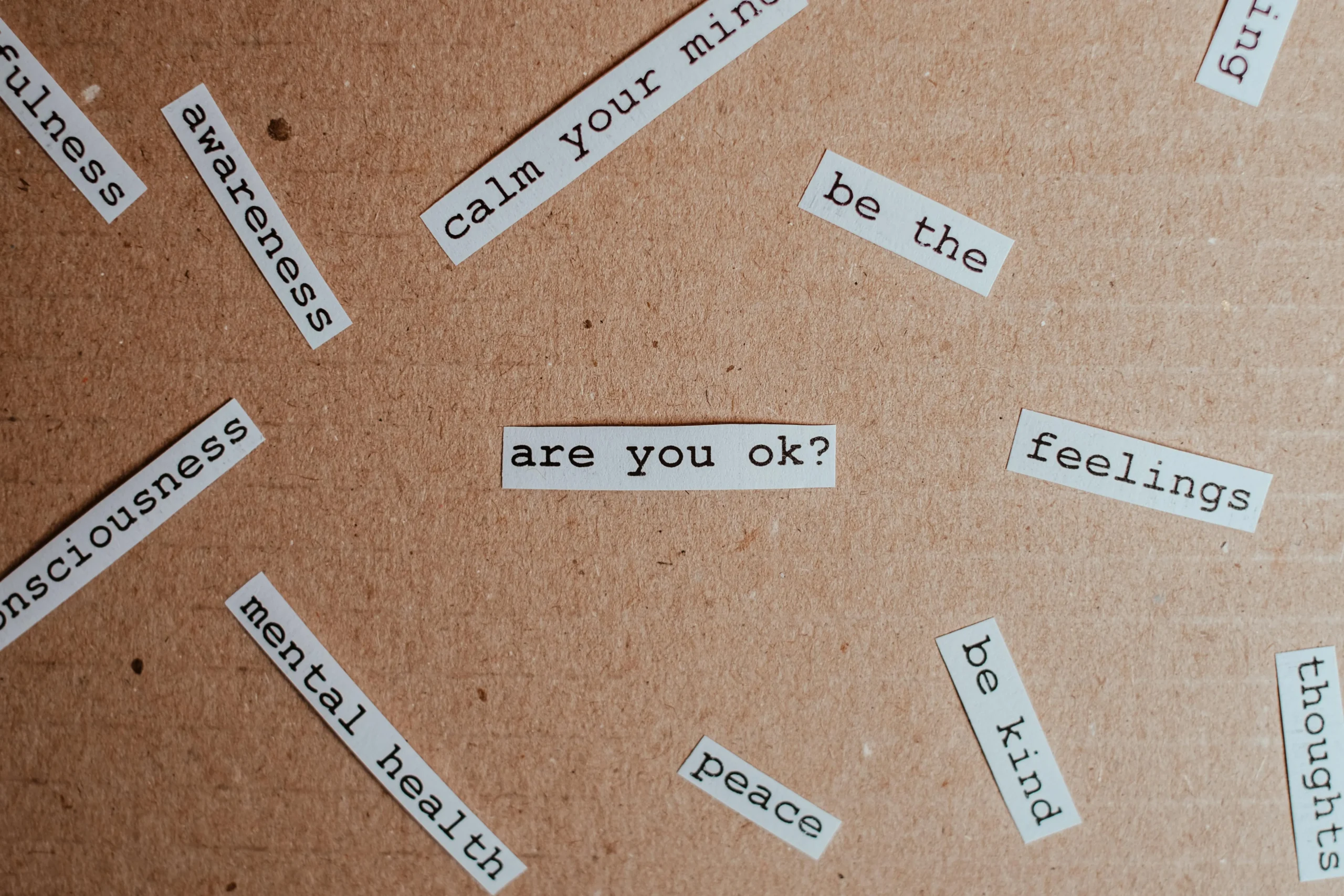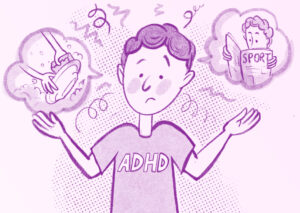In today’s world, where conversations around health, wellness, and lifestyle dominate headlines, one topic still remains whispered, hidden, and avoided—mental illness. For far too long, millions of people suffering from mental health conditions have carried not only the weight of their disorders but also the crushing burden of social stigma. It’s time to end that silence. It’s time we talk.
Table of Contents
ToggleWhat is Mental Illness?
Mental illness refers to a wide range of mental health conditions—disorders that affect mood, thinking, and behavior. These can include depression, anxiety disorders, schizophrenia, eating disorders, and addictive behaviors, among others.
What’s important to understand is that mental illnesses are not personal weaknesses, character flaws, or signs of failure. They are health conditions, just like diabetes or heart disease, and they deserve care, compassion, and professional support.
What is Mental Health Stigma?
Stigma is the negative stereotype and discrimination that individuals with mental illness often face. It exists in two main forms:
- Public stigma – Societal prejudice against people with mental health conditions.
- Self-stigma – Internalized shame individuals may feel because of their diagnosis or condition.
Examples include:
- Avoiding people with mental illness
- Labeling them as “dangerous” or “unreliable”
- Treating mental health less seriously than physical health
- Fear of talking openly about mental illness due to judgment
How Stigma Hurts
The stigma around mental illness isn’t just uncomfortable—it’s harmful and dangerous. It creates real-world consequences:
- Delays in seeking treatment
People often avoid getting help out of fear of being labeled. - Social isolation
Individuals with mental illness are frequently excluded from social and professional circles. - Reduced opportunities
Stigma affects employment, education, housing, and even basic healthcare. - Worsened symptoms
When someone feels ashamed of their condition, it can lead to worsening depression, anxiety, and hopelessness.
Why We Must Talk About It
Talking about mental illness breaks the cycle of silence and shame. Open conversations lead to awareness, which leads to understanding, which in turn fosters compassion and change.
Here’s why we need to normalize the conversation:
- It helps people recognize early signs of mental health struggles.
- It encourages those in need to seek help without fear.
- It empowers loved ones to offer support and empathy.
- It educates society and reduces misinformation.
Debunking Common Myths About Mental Illness
Let’s dismantle some of the most persistent myths surrounding mental illness:
❌ Myth: Mental illness isn’t real.
✅ Fact: Mental illnesses are real health conditions, many of which are biologically based and require treatment.
❌ Myth: People with mental illness are violent.
✅ Fact: Most people with mental illnesses are not violent. In fact, they are more likely to be victims of violence than perpetrators.
❌ Myth: You can just “snap out of it.”
✅ Fact: Mental illness is not a choice, and willpower alone is not a cure. Treatment, therapy, and support are often necessary.
❌ Myth: Therapy is only for people who are “crazy.”
✅ Fact: Therapy is for anyone wanting to improve their emotional well-being or cope with life challenges.
The Role of Media and Society
Mainstream media has a powerful influence over how society perceives mental illness. Too often, movies and shows portray characters with mental health disorders as dangerous or unstable.
What we need instead are:
- Realistic and empathetic representations
- Public figures sharing their own mental health journeys
- News coverage that educates rather than sensationalizes
How You Can Help End the Stigma
- Educate Yourself and Others
Learn about mental health. Share accurate information. Challenge stereotypes. - Use Thoughtful Language
Say “a person with schizophrenia” instead of “a schizophrenic.” Person-first language reduces stigma. - Listen with Empathy
Sometimes, just being present and nonjudgmental can make all the difference. - Speak Up
If you hear someone making a hurtful or ignorant remark, gently correct them. Advocate for awareness in your workplace, school, or community. - Support Mental Health Initiatives
Donate, volunteer, or participate in events that promote mental health awareness. - Lead by Example
If you are managing a mental health condition, sharing your story (when you feel safe) can inspire others and break down walls.
Why Professional Help Matters
Just as you would go to a doctor for a broken bone, you deserve to seek a psychologist or therapist for mental pain. Therapy provides:
- A safe, judgment-free space
- Tools to cope with anxiety, depression, trauma, and more
- Guidance for healing and growth
- A structured path toward recovery
Arpan Sarma, a leading psychologist in Kolkata, offers professional counseling that addresses a wide range of psychological issues. Whether you’re facing emotional burnout, relationship issues, or long-term mental illness, therapy can help restore your inner balance.
👉 Book a confidential session with Arpan Sarma today.
Success Stories: Real People, Real Healing
Millions of people have benefitted from therapy and community support. With the right guidance, it is possible to manage mental illness, rebuild confidence, and live fully. From celebrities to everyday individuals, brave voices sharing their mental health journeys continue to inspire hope and promote change.
Conclusion: It’s Time to Change the Conversation
Mental illness should never be a source of shame. It is a human experience—one that affects individuals across all ages, cultures, and walks of life. By breaking the stigma, we make it easier for everyone to seek the support they need, free from fear and judgment.
Let’s build a world where asking for help is seen as strength, where mental health is discussed openly, and where compassion replaces silence.







